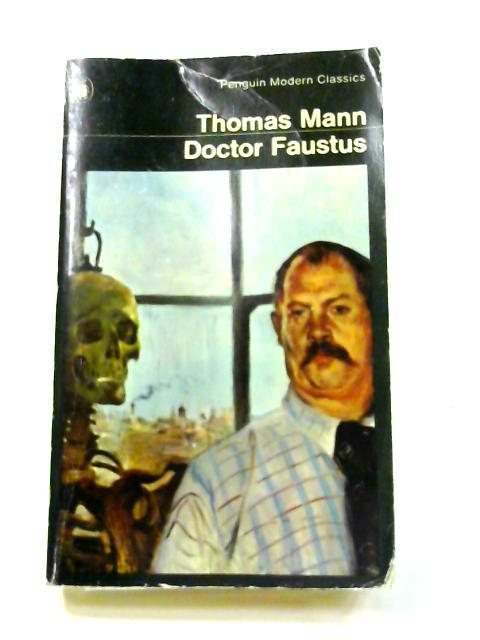

Built from layer upon layer of detail, the book is both a critique of modern bourgeois life in Germany and an allegory for the rise of the Nazi party. We will also illustrate the parallel between Leverkühn's disease progression and political events in Germany in the 1930s and 1940s and their similarity with current political events.įaustus Third Reich Thomas Mann neurosyphilis.Thomas Mann’s final novel, Doctor Faustus: The Life of the German Composer Adrian Leverkühn, as Told by A Friend (1947), is a magnum opus as complex as it is symbolic.

While it is widely thought that Arnold Schoenberg (1874-1951) is the model for Leverkühn, we will show that other composers of the time also inspired the fictitious musician's life and works. He "voluntarily" contracts syphilis and, as a result of the pact and despite (or because of) the disease, Leverkühn starts a brilliant 24-year career, becoming the greatest German composer of his time.

In the 500-page book, which is subtitled The Life of the German Composer Adrian Leverkühn as told by a Friend, we see the theologian turned composer make a pact with the devil. One of Mann's later novels, Doctor Faustus, is set against a background of syphilis. His novels take place against the background of the different plagues (tuberculosis, cholera) that characterized the eighteenth and nineteenth centuries.

Thomas Mann (1875-1955), a Nobel Prize recipient rightly considered one of the great novelists of the twentieth century, was one of the most medically perceptive writers of recent times.


 0 kommentar(er)
0 kommentar(er)
